First Impressions: ISL head coaches who shone in their debut season
The debut season isn’t a time of adjustment; it’s been a stage for immediate impact.

The Indian Super League (ISL) has always been the platform where not just players, but also head coaches, make their mark. For a head coach stepping into the league for the first time, the challenges are immense: passionate fans and the pressure to deliver results immediately.
However, the debut season often defines their legacy, where tactical philosophies are tested against the league’s unique challenges and diverse playing styles. Yet, several head coaches have defied expectations, thrived, and stamped their authority right from their very first campaign.
With that said, here’s a look at the standout ISL head coaches who shone in their debut season.
Antonio Lopez Habas (ATK FC): 2014
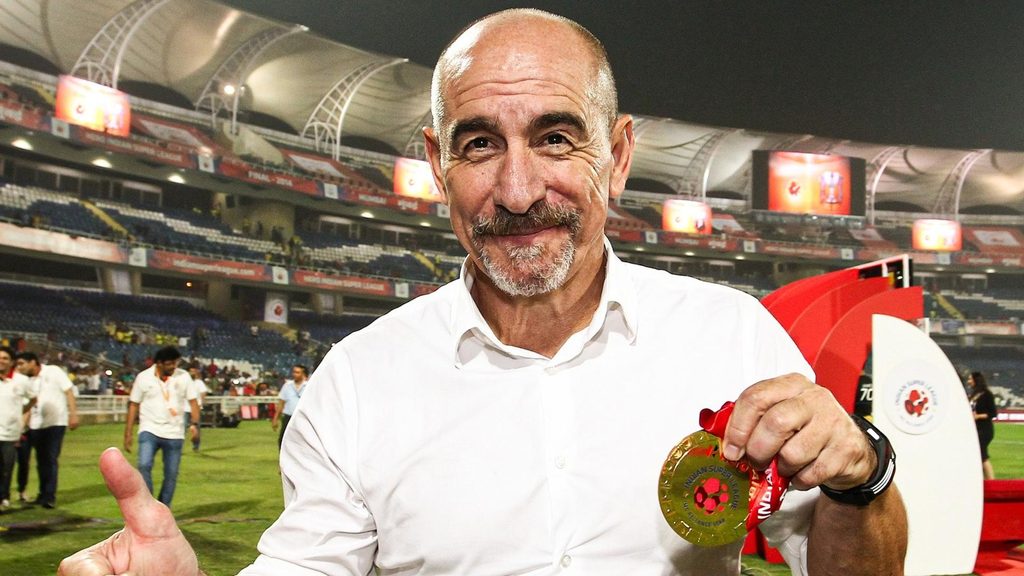
Antonio Lopez Habas has been an influential figure in the league since his very first day, setting a winning precedent thanks to his tactical prowess and man-management. The Spaniard holds the distinction of being the first-ever ISL Cup-winning coach.
Habas instilled a pragmatic, defensively solid style of play that proved perfect as the league progressed. His initial success laid the groundwork for his legendary status in the league, showcasing how crucial coaching nous would be in shaping the league’s competitiveness.
Jose Molina (ATK FC): 2016
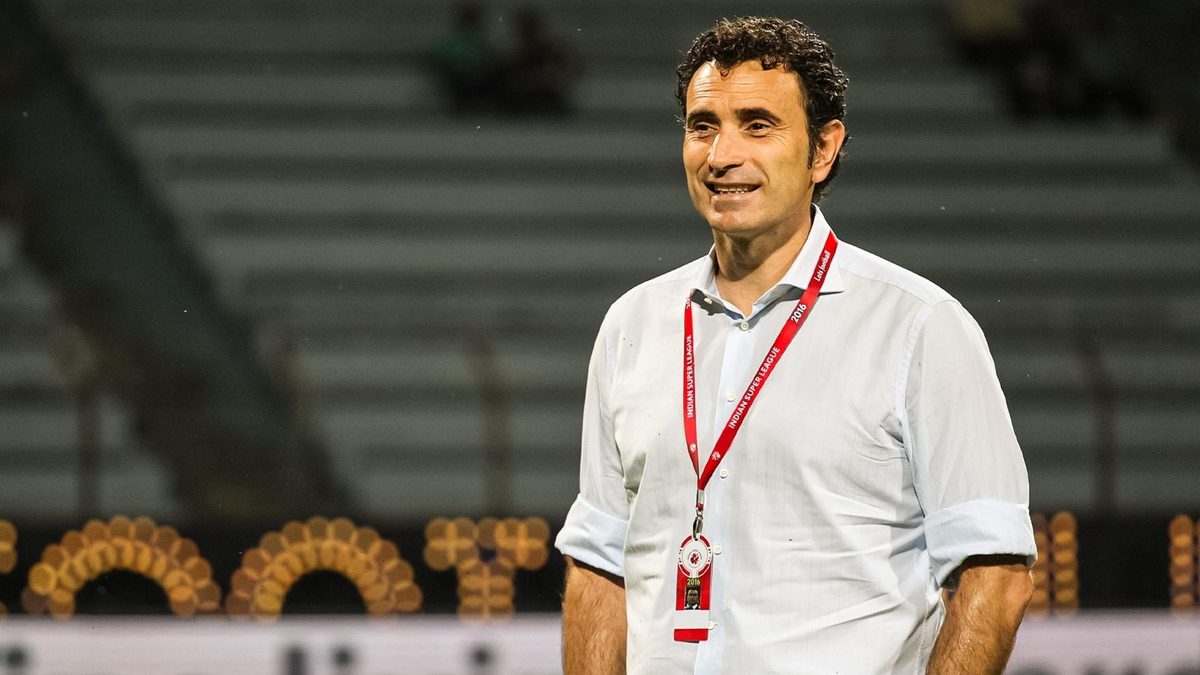
Replacing Antonio Lopez Habas was never going to be easy, but Jose Molina took over ATK FC and clinched the ISL Cup in his debut ISL season in 2016. The Spaniard relied on possession play, compact pressing, and tactical flexibility that turned ATK into one of the most organized sides that season.
Led by Borja Fernandez, Iain Hume, and Javi Lara, ATK FC edged out Kerala Blasters FC to claim their second ISL Cup title.
John Gregory (Chennaiyin FC): 2017-18
Coming off a poor 2016 campaign, few could have predicted the turnaround John Gregory would orchestrate after taking charges ahead of the 2017-18 season. The English head coach instilled a culture of discipline, cohesion within the squad and emphasized compact defending and quick transitions.
The Marina Machans’ consistency saw them finish second in the league standings before they outclassed Bengaluru FC in the final. Gregory’s man-management and tactical acumen played a pivotal role in transforming a struggling side into an ISL Cup winner.
Sergio Lobera (FC Goa): 2017-18
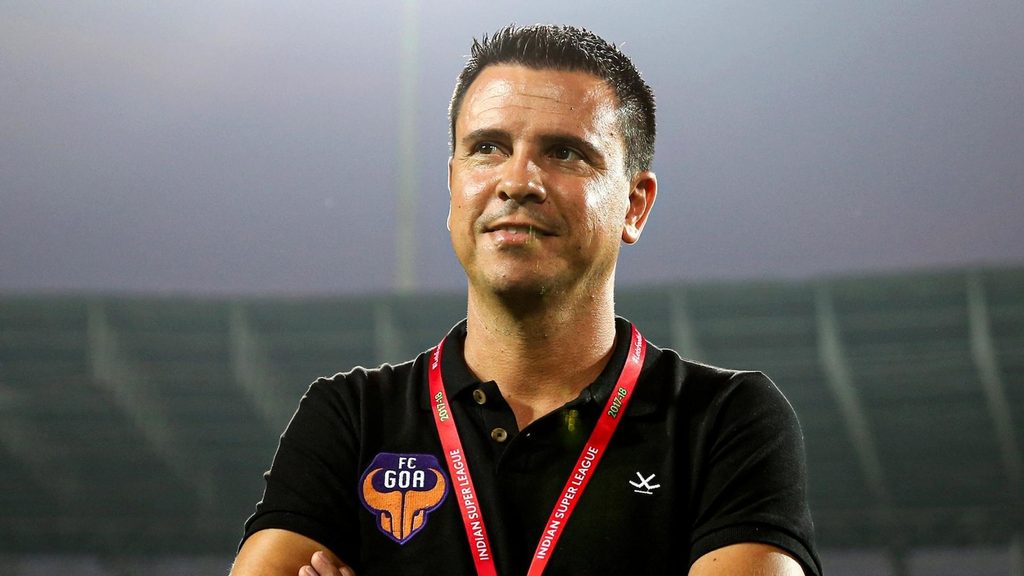
Sergio Lobera brought in a wave of tactical sophistication in his debut season with FC Goa. A symbolic figure in ISL history, Lobera navigated the dawn of Tiki-Taka in ISL folklore with his possession-based, eye-soothing football.
The Spaniard turned the Gaurs into the league’s most exciting attacking unit, breaking records with their goal-scoring flair. Lobera led FC Goa to qualify for the playoffs in his debut season but fell short in reaching the final following their defeat against Chennaiyin FC in the semis.
Carles Cuadrat (Bengaluru FC): 2018-19
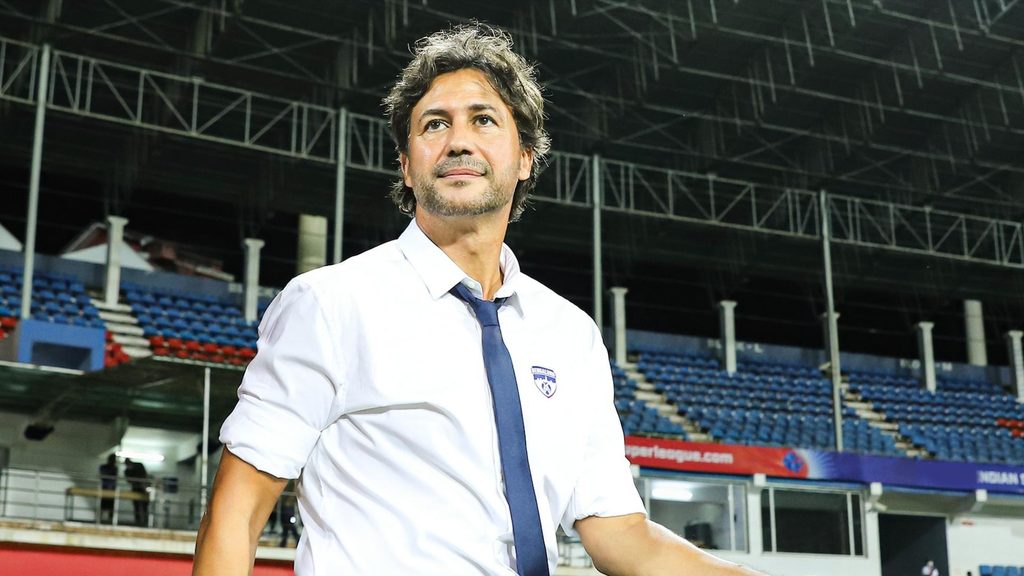
After taking over from Albert Roca, Carles Cuadrat had big shoes to fill. After spending time as an assistant to Roca, Cuadrat stepped up to the head coach role and immediately proved he had the winning formula.
While his predecessor built the foundation, it was Cuadrat who delivered the ultimate prize in his first year, as he guided Bengaluru FC to their maiden ISL Cup triumph in 2018-19. A perfect blend of defensive resilience and set-piece mastery culminated in the Blues clinching the coveted ISL Cup, demonstrating the Spaniard’s understanding of the squad and the league's demands.
Owen Coyle (Chennaiyin FC): 2019-20
Arguably, the most dramatic debut on this list belongs to Owen Coyle at Chennaiyin FC. Coyle took over the Marina Machans in crisis, languishing at the bottom half of the table midway through the 2019-20 season, and orchestrated one of the greatest turnarounds in ISL history.
Under the Scottish head coach’s watchful eyes, Chennaiyin FC stormed into the playoffs and even reached the final, where they went down fighting against ATK FC. Though they lost the final, taking a struggling team all the way to the ISL final showcased Coyle’s tactical decisiveness and sheer ability to completely shift the momentum with his unwavering fighting spirit and crunch pep talks.
Ivan Vukomanovic (Kerala Blasters FC): 2021-22
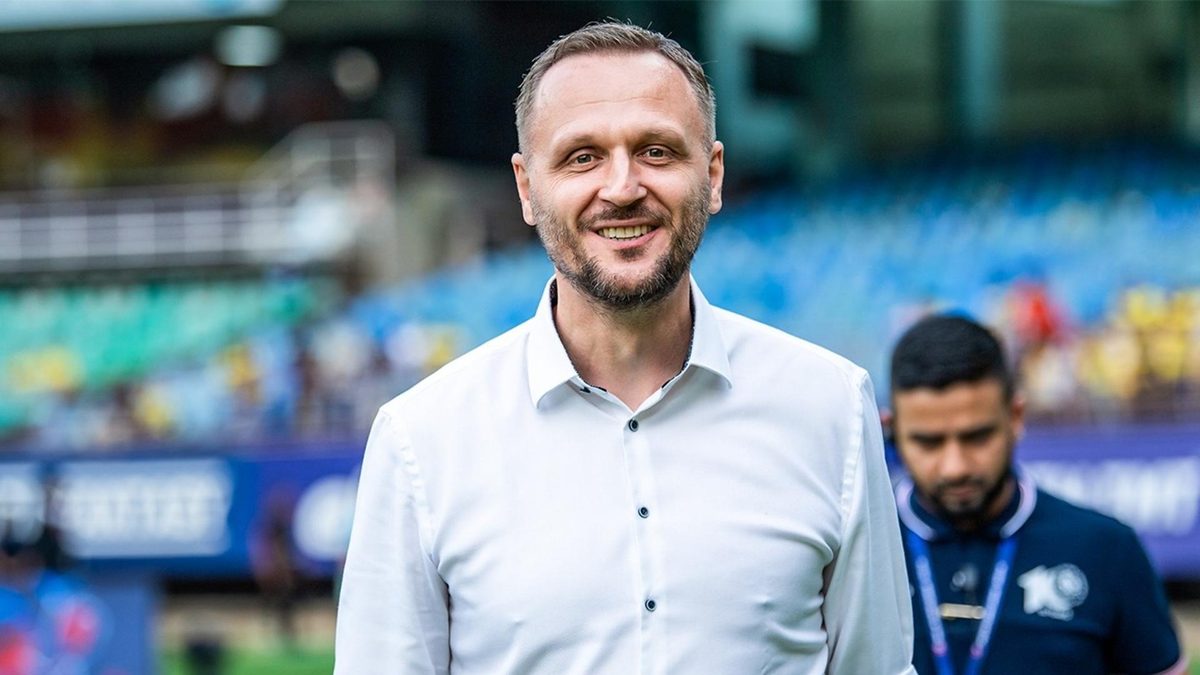
When Ivan Vukomanovic took charge at Kerala Blasters FC, the club was going through one of its toughest spells, having failed to qualify for the playoffs for four consecutive seasons. However, he injected a potent blend of attacking flair and resolute teamwork into the squad to reignite the Blasters' passionate fanbase and establish Kerala Blasters FC as a strong powerhouse.
Vukomanovic's debut season was nothing short of transformative, a true testament to his tactical acumen. He successfully guided the underachievers all the way to the ISL Cup final, where they ultimately lost to Hyderabad FC on penalties.
Petr Kratky (Mumbai City FC): 2023-24
Petr Kratky replaced Des Buckingham to take over the charges in the middle of the 2023- 24 season. The new Mumbai City FC head coach forged a strong connection with Indian players, and his tactical flexibility and sharp match-reading abilities navigated the Islanders' title chase.
Kratky focused on empowering Indian players and maintained a strong league form, finishing with the club’s highest-ever points tally (47), narrowly missing the League Shield. He guided Mumbai City FC to clinch the ISL Cup, where they defeated Mohun Bagan Super Giant in the final.
Notable Mentions:
Albert Roca (Bengaluru FC): Albert Roca laid the foundation for BFC’s identity in the league in their debut season, where they finished at the top of the table but finished as the runners-up after suffering a narrow defeat against Chennaiyin FC.
Simon Grayson (Bengaluru FC): The Blues were coming off a difficult phase of inconsistency, but under the guidance of Simon Grayson, they pulled off one of the most remarkable comeback stories as they won nine consecutive matches to make it to the ISL Cup final, where they lost to Mohun Bagan Super Giant on penalties.

























